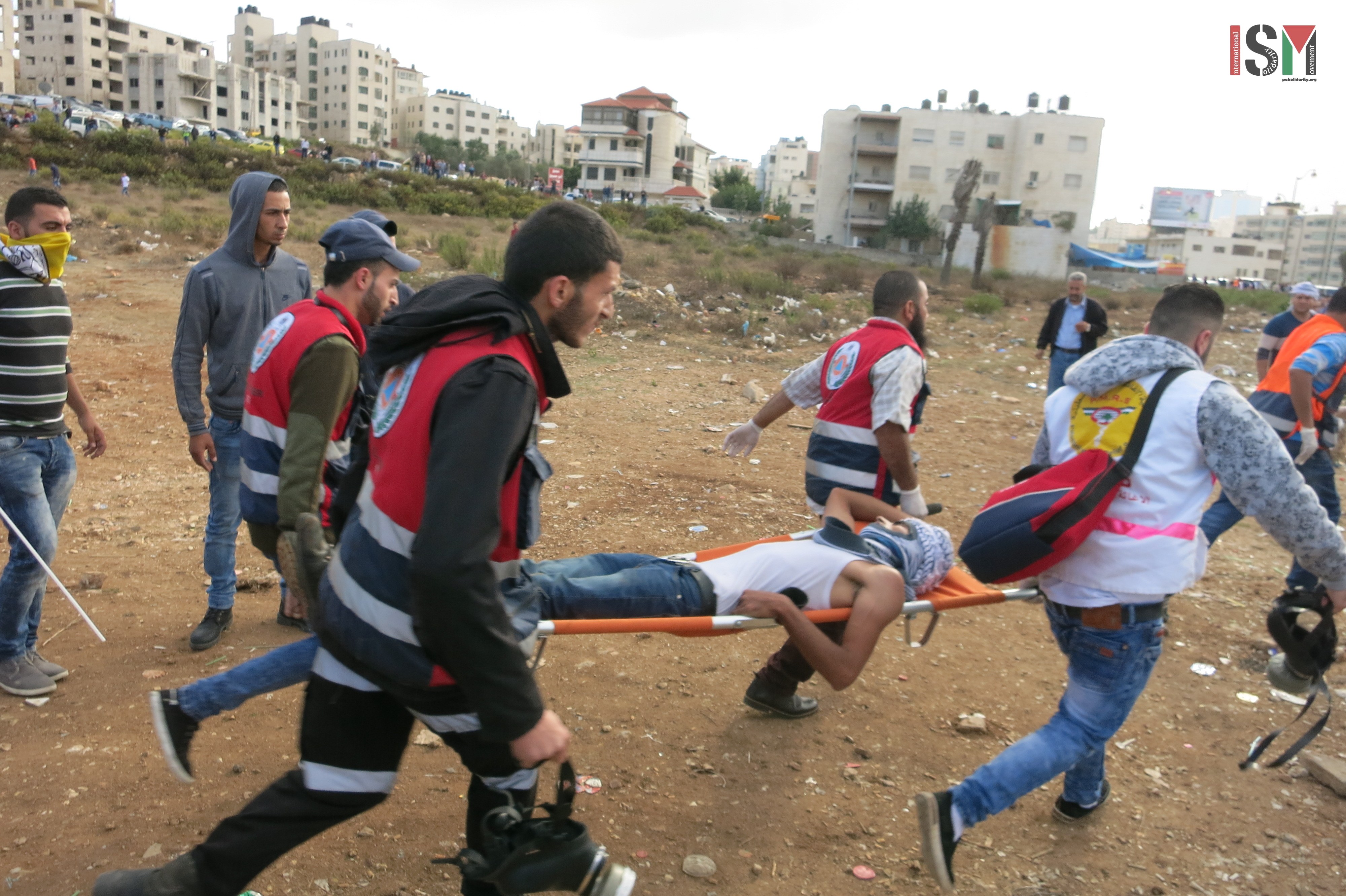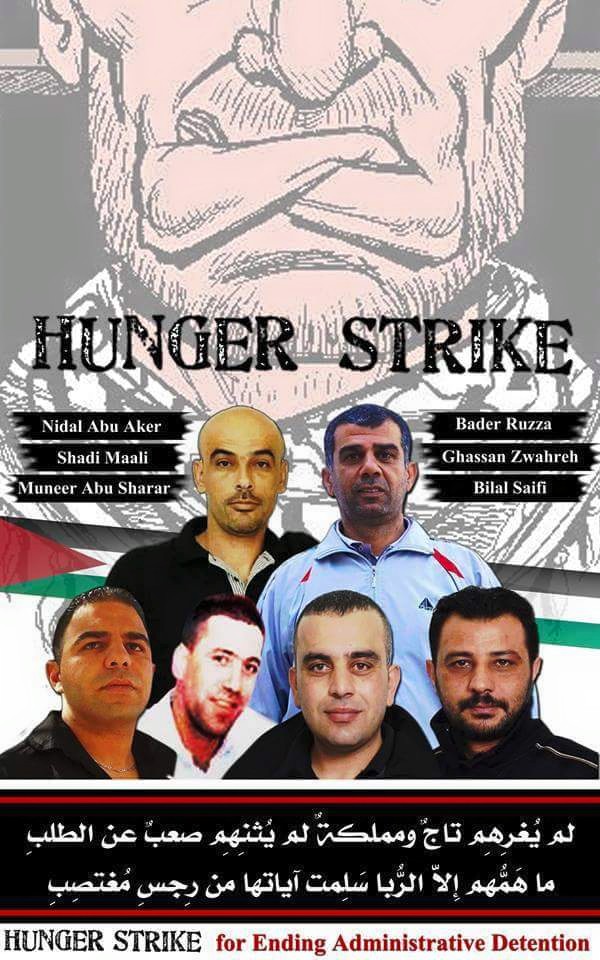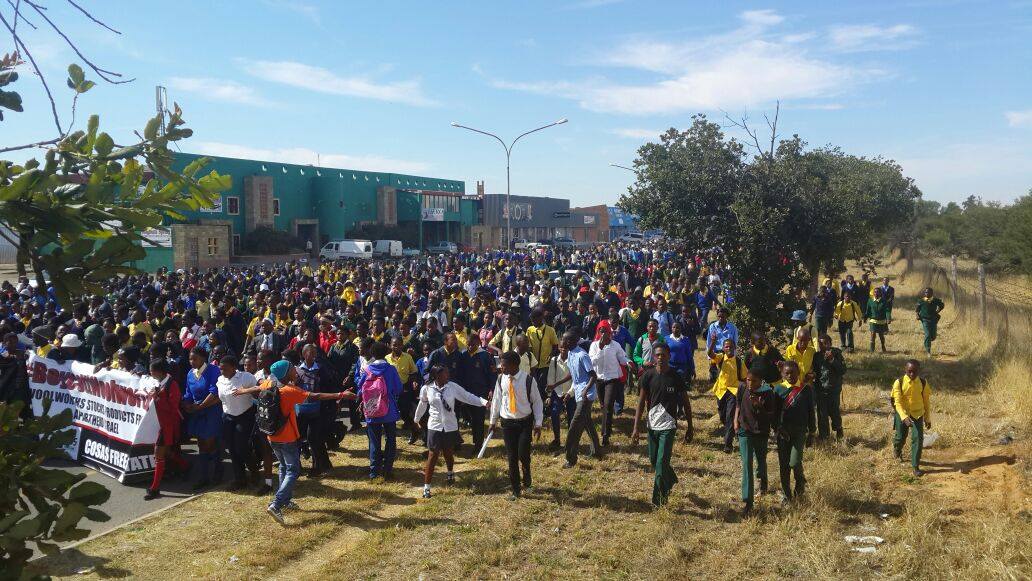Tag: BDS
-
Beit El demonstration under attack by Israeli forces after Martyr laid to rest
10th October 2015 | International Solidarity Movement, Al-Khalil team | Ramallah, occupied Palestine Less than one hour after the Halabi family laid their son, martyr Mohannad al-Halabi, to rest in a cemetery in Ramallah, violent confrontations broke out in the nearby Beit El area. In a continuation of the sharp escalation in violence seen across…
-
ACTION ALERT! Battle of breaking the chains: 25 days of hunger strike for Palestinian prisoners
15th September | Palestinian Prisoner Solidarity Network | Occupied Palestine Palestinian prisoners in Israeli administrative detention are continuing their hunger strike to demand an end to imprisonment without charge or trial. Nidal Abu Aker, Ghassan Zawahreh, Shadi Ma’ali, Munir Abu Sharar,Badr al-Ruzza, Bilal Daoud Saifi and Suleiman Eskafi are all isolated by the Israeli prison…
-
South African students protest against Woolworths
15th May 2015 | Congress of South African Students | Welkom (Free State), South Africa On Nakba Day more than 10 000 South African School Learners March Against Woolworths over Israel Trade. More than 10 000 South African school learners protested earlier today against Woolworths Stores over its Israeli trade. The #BoycottWoolworths protest was led by the Congress…



